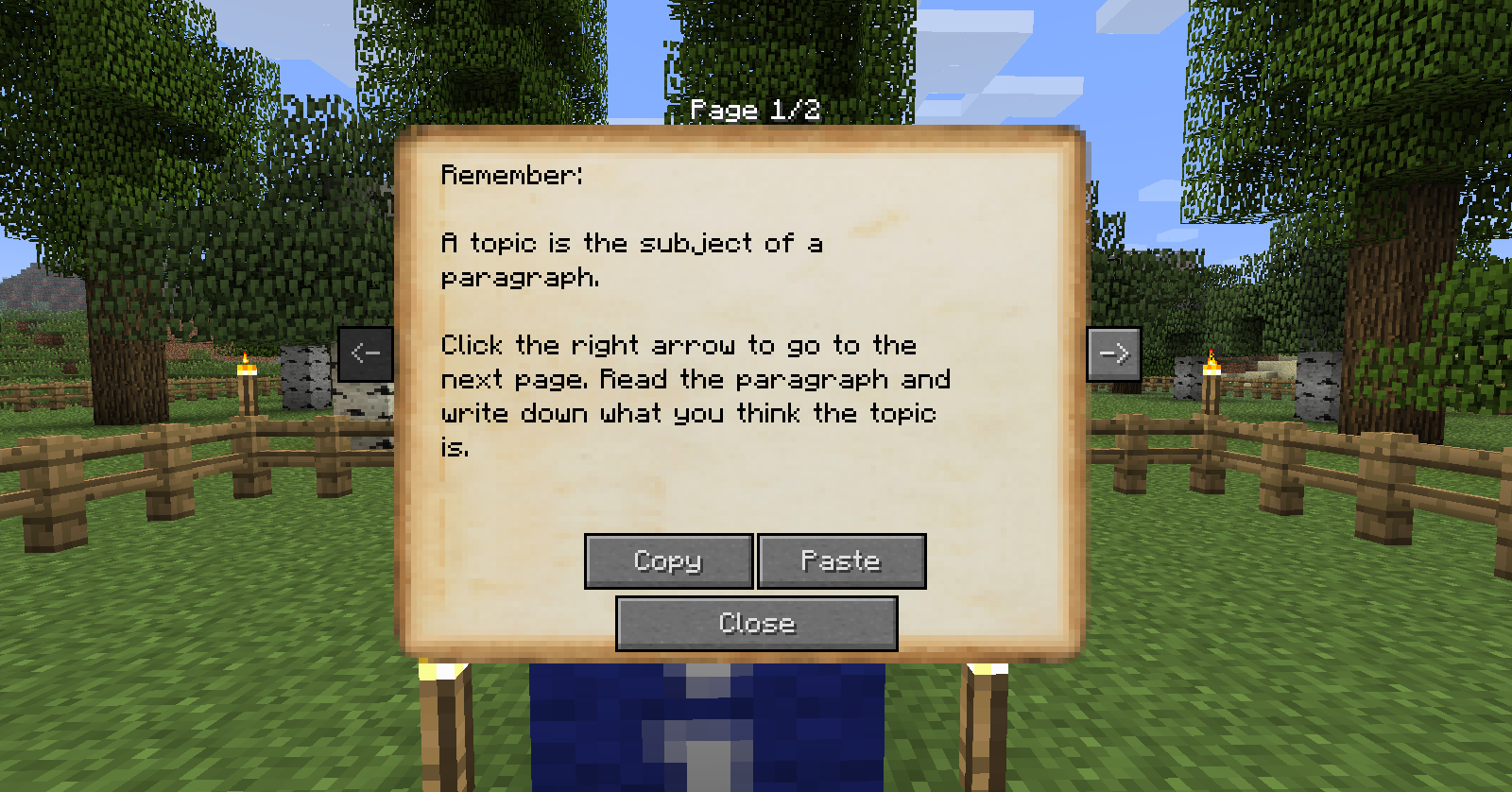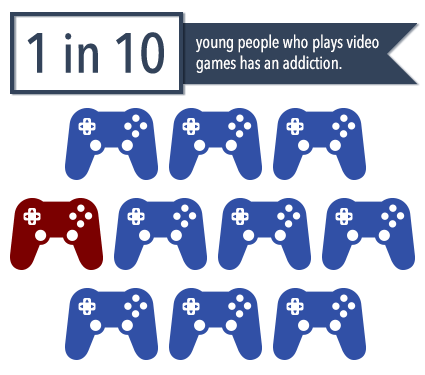My first ever gaming experience was playing Mario Bros on my brand new video game console gifted by my dad on my 9th birthday.
I could play that game for hours and would wait eagerly to get back home from school to spend my evenings with Nintendo’s two most famous plumbers, Mario and Luigi. I was so engrossed in video games that it started to take a toll on my studies.
My English teacher convinced my parents to ban video games at home.
Fast forward… the world’s perception of video games and their influence on students has changed. With the advent of games such as Minecraft, gamification of education is in full swing.
But while video games can potentially add an exciting new dimension to the growing world of e-learning, it’s important for us to weigh the pros and cons.
PROS OF VIDEO GAME BASED LEARNING
1. MATH. ENGLISH. FUN.
While video games like MinecraftEdu teaches mathematical concepts like area, perimeter and probability, a city building game like SimCityEdu helps students with subjects like English and foreign languages.
In the best games, you are learning a subject like algebra in a way that you don’t really know you’re learning it. Students end up actually enjoying algebra because it’s like a puzzle. You’re untying a knot and there’s something pleasurable about it.
Daniel O’Keefe, North Carolina regional director at the Institute of Play

“Video Games in Your Classroom? Yes, Please!” tcea.org
Now that I am into teaching, learning + video game is the kinda math I love.
2. VIDEO GAMES = TEAM SPIRIT
As I said, I am a huge Mario Bros fan and I used to revel in it even more when my friend Jim used to come over to play. I was Mario. He was Luigi. And we were a team.
Team games help in dealing with social anxiety and encourage kids to interact with their peers
Coordination and communication go deeper than the usual banter we have with our conventional teammates in real life. Working together to achieve a common goal to the point that you will sacrifice yourself altruistically, comes quite naturally to gamers.
READ MORE by Clicking HERE!

Leave a Reply